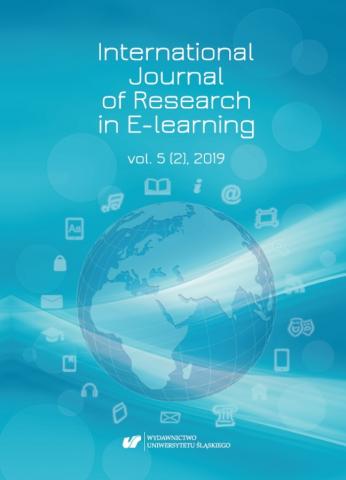Procrastination in Blended Learning The Role of General Self-efficacy, and Active and Passive Procrastination
Procrastination in Blended Learning The Role of General Self-efficacy, and Active and Passive Procrastination
Author(s): Elżbieta SaneckaSubject(s): Higher Education , Educational Psychology, ICT Information and Communications Technologies, Sociology of Education
Published by: Wydawnictwo Uniwersytetu Śląskiego
Keywords: procrastination; blended learning; self-efficacy; active procrastination; passive procrastination;
Summary/Abstract: Despite the growing empirical interest in academic procrastination in the distance learning, there are only limited studies on the determinants of this phenomenon in the blended learning programmes. The present study investigates the relationships between general self-efficacy, two types of procrastination (active and passive procrastination), and the behavioural tendency to postpone learning activities in a blended learning university course using Moodle platform. Results indicate that passive procrastination is strongly positively associated with procrastination in blended learning, while perceived self-efficacy and active procrastination are unrelated to the self-reported task delays during the blended learning course. In addition, the negative link between the reported number of previous completed blended-learning courses and procrastination in blended learning is observed. Practical and theoretical implications of these findings for a blended learning environment are discussed.
Journal: International Journal of Research in E-learning
- Issue Year: 5/2019
- Issue No: 2
- Page Range: 49-65
- Page Count: 17
- Language: English

